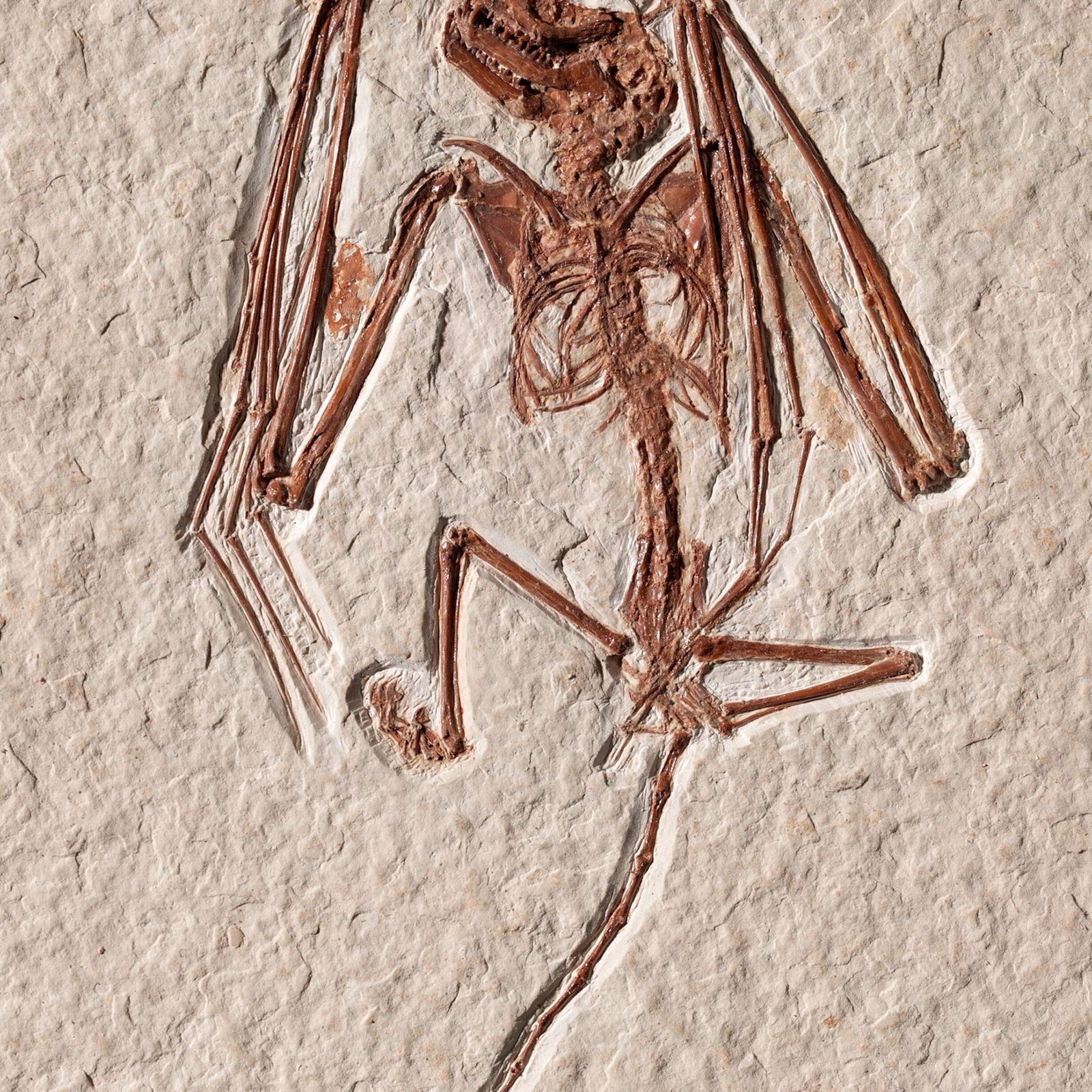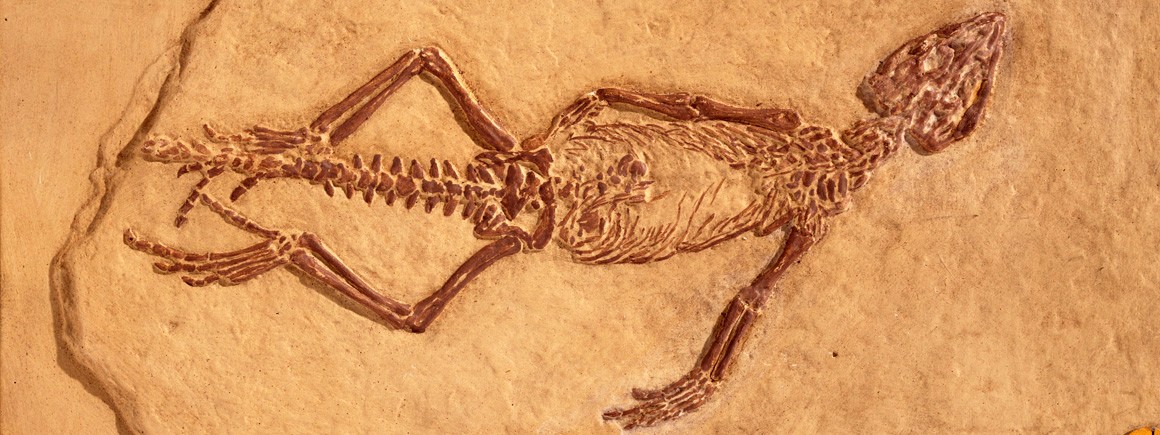this post was submitted on 27 Dec 2023
21 points (100.0% liked)
Palaeontology 🦖
700 readers
1 users here now
Welcome to c/Palaeontology @ Mander.xyz!

🦖 Notice Board
- 2023-06-23: We are looking for mods. Send a dm to @[email protected] if interested! This is a work in progress, please don't mind the mess.
🦖 About
Paleontology, also spelled palaeontology[a] or palæontology, is the scientific study of life that existed prior to, and sometimes including, the start of the Holocene epoch (roughly 11,700 years before present). It includes the study of fossils to classify organisms and study their interactions with each other and their environments (their /c/paleoecology. Read more...
🦖 Rules
- Don't throw mud. Be kind and remember the human.
- Keep it rooted (on topic).
- No spam.
🦖 Resources
- Smithsonian's Paleobiology website
- University of California Museum of Paleontology
- The Paleontological Society
- The Palaeontological Association
- The Society of Vertebrate Paleontology
- The Paleontology Portal
- "Geology, Paleontology & Theories of the Earth" – a collection of more than 100 digitised landmark and early books on Earth sciences at the Linda Hall Library

🦖 Sister Communities
- [email protected]
- [email protected]
- [email protected]
- [email protected]
- [email protected]
- [email protected]
- [email protected]
- [email protected]
- [email protected]
- [email protected]
- [email protected]
- [email protected]
- [email protected]
- [email protected]
- [email protected]
- [email protected]
- [email protected]

founded 1 year ago
MODERATORS
you are viewing a single comment's thread
view the rest of the comments
view the rest of the comments
This is crazy. That kinda implies that we should be able to make a "phonograph" to capture voices from long ago.